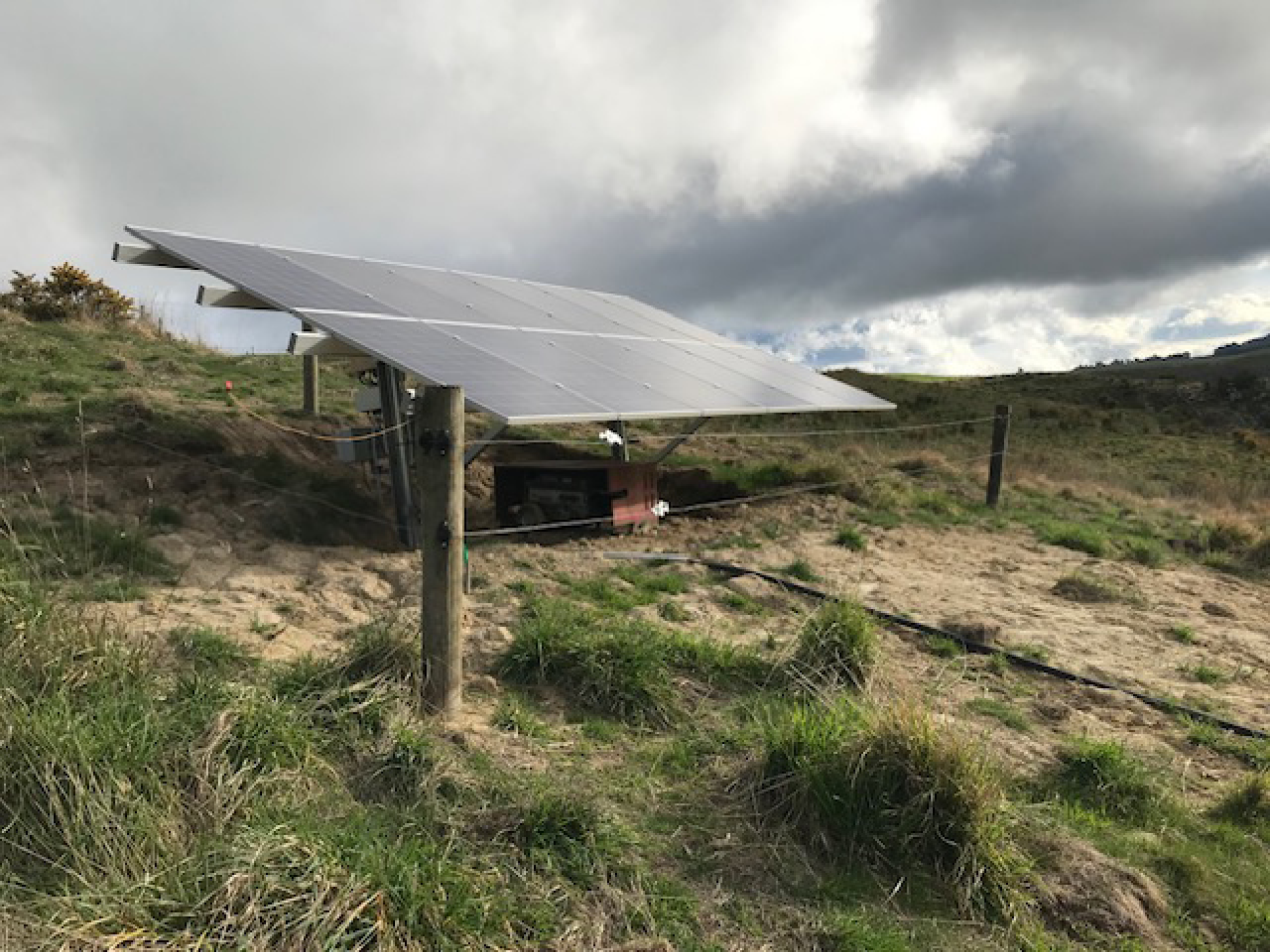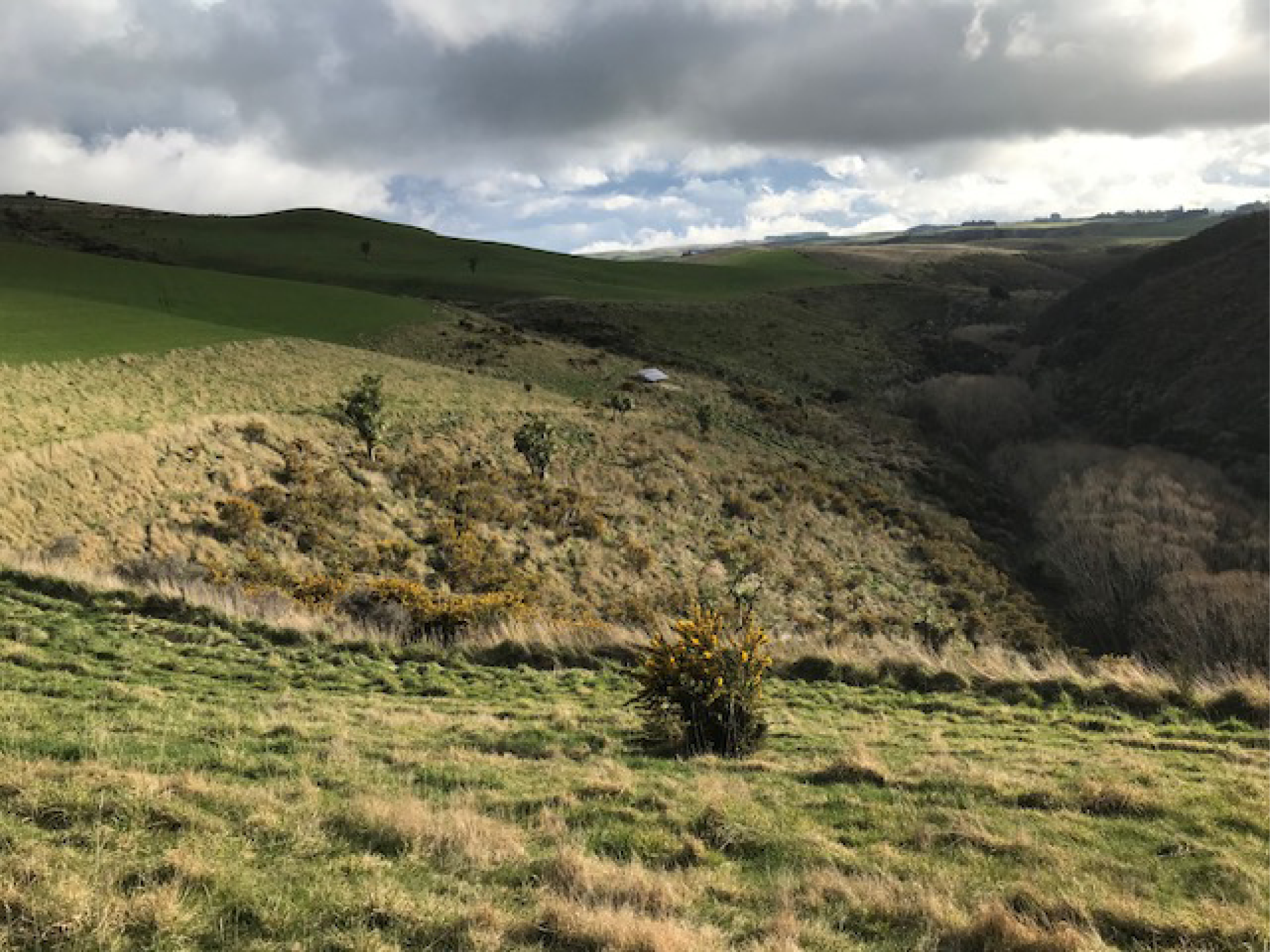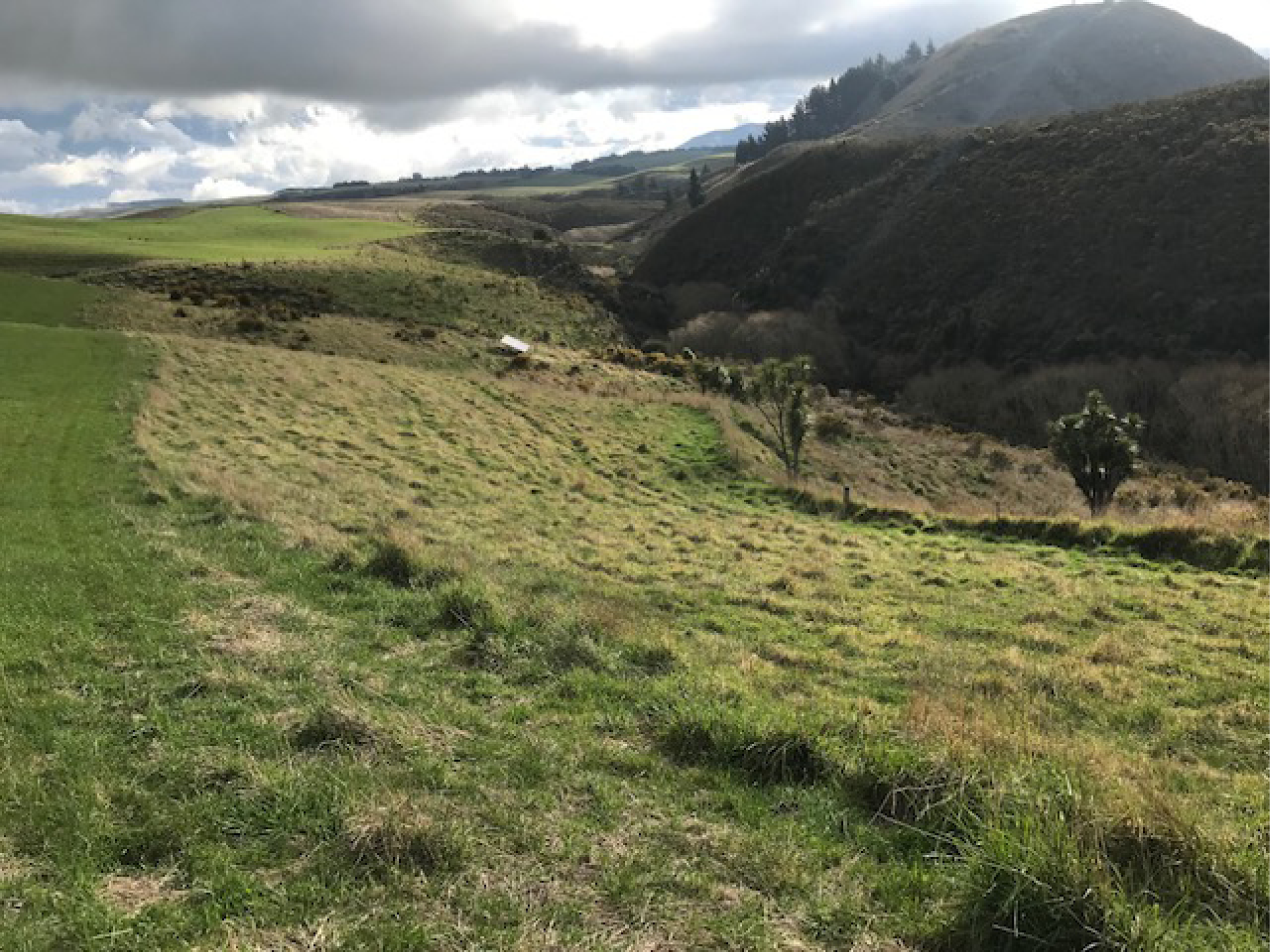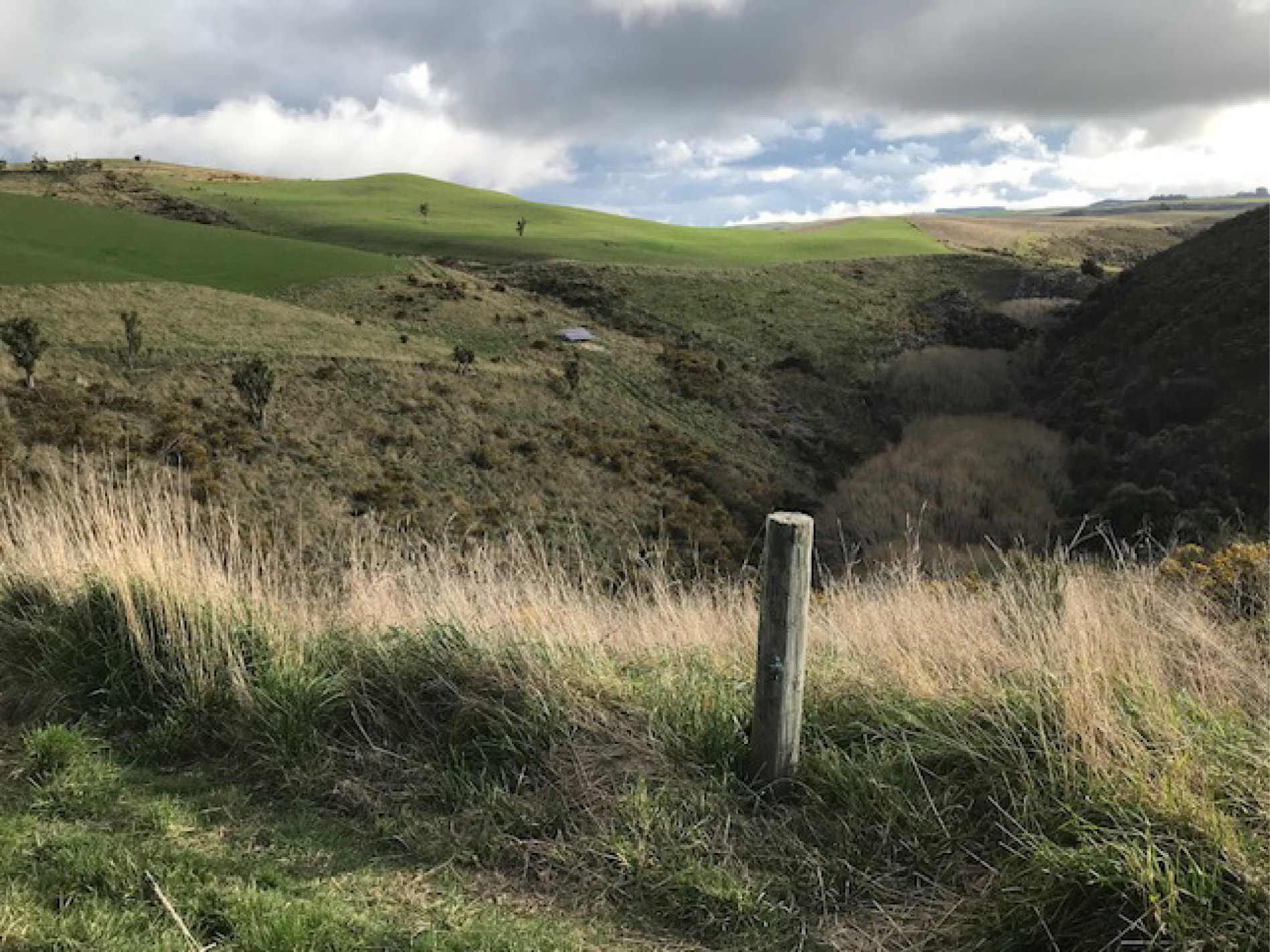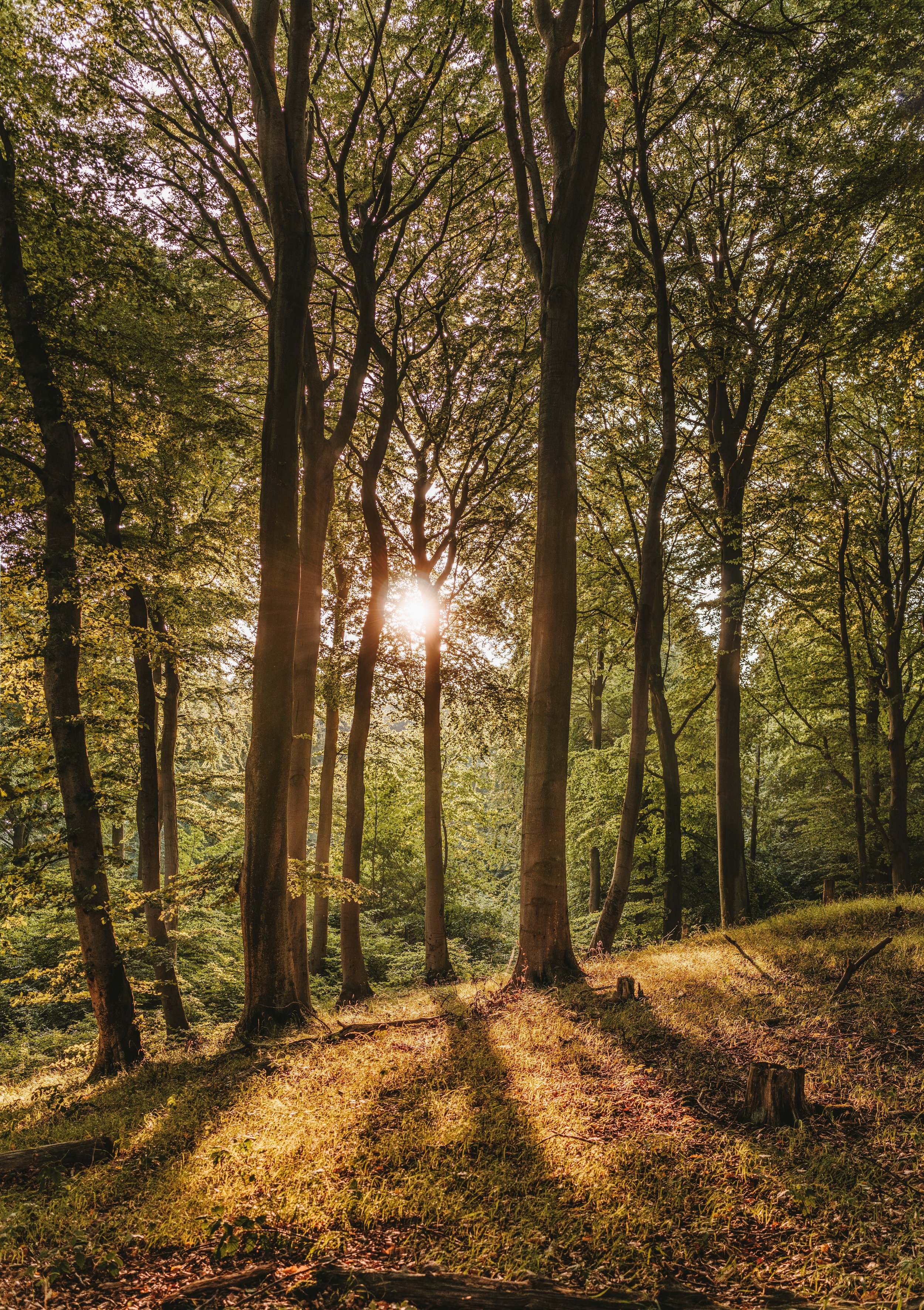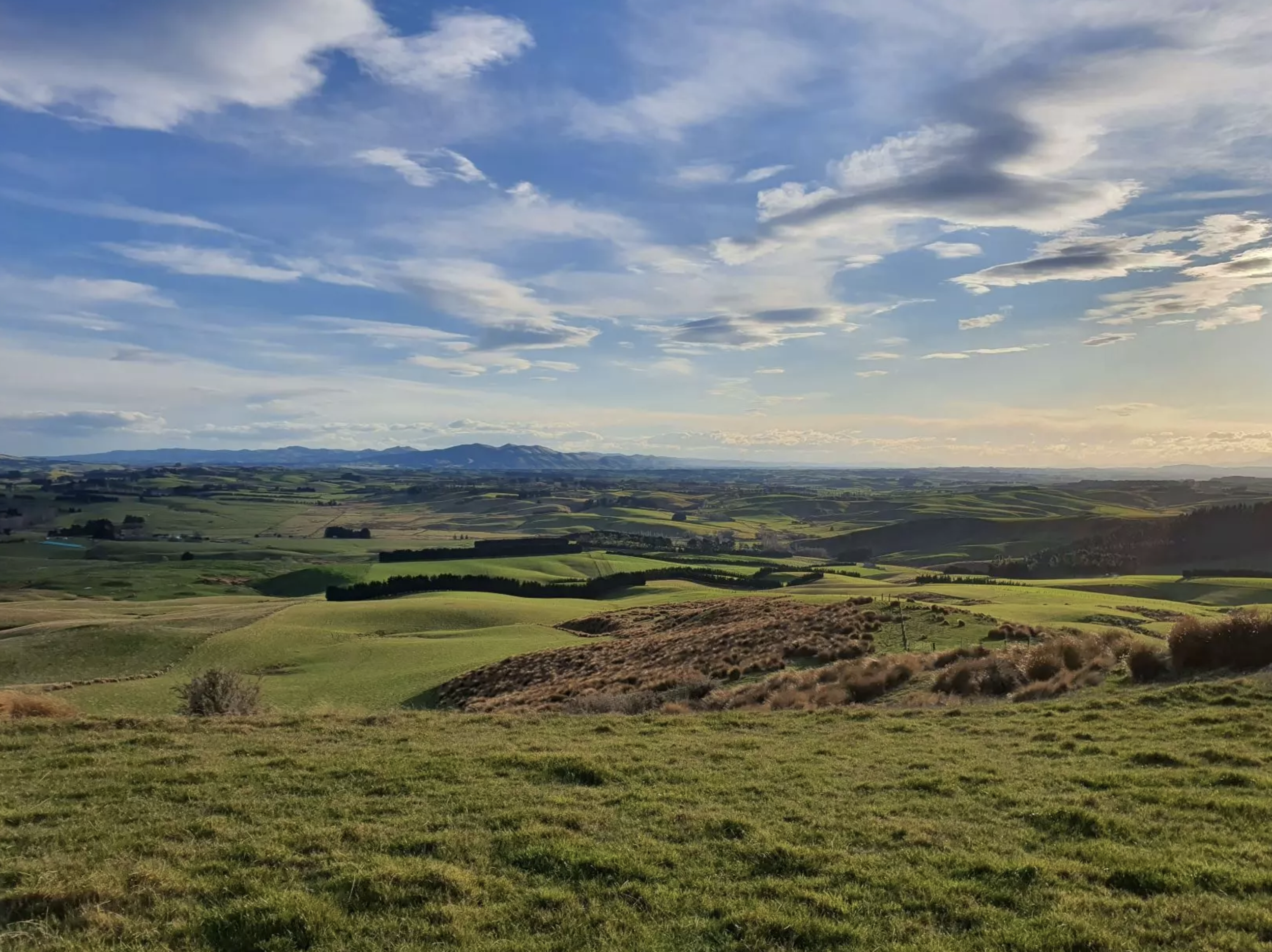
Projects
Solar Pump Replacement
NZL contributed land and an easement for a joint project that replaced a petrol pump (used for pumping water) that sat close to a river with a Solar Pump. The original petrol pump was obviously more of a carbon emitter than a solar pump and was exposed to flooding which could present a water quality contamination in the event of a large flood. The new Solar has the panels and controls well above the river and only a submersible pump in a shallow gallery at the river.
Green Loan
As part of its recent forestry acquisitions NZL established a green loan programme. The green loan follows the Asia Pacific Loan Market Association Green Loan Principles. Working within these principles enables NZL to align itself with UN Sustainable Development Goal 15 which aims to protect, restore and promote sustainable use of terrestrial ecosystems, sustainably manage forests, combat desertification, and halt and reverse land degradation and halt biodiversity loss.
The green loan has allowed NZL to contribute to climate change mitigation by protecting forestland that would have other been logged for commercial purposes preserving the CO2 sequestering capability of the land. Additionally, avoided deforestation and re-forestation of land, helps to regenerate permanent indigenous forests, increases biodiversity, including birdlife, mitigates soil erosion and loss, and improves water quality.
Effluent Improvement
Pastoral Farms owned by NZL have Farm Environmental plans (see our Enduring Land Programme for more detail on some of the items covered).
Farm effluent is one of the primary sources of nutrient leeching into soils and run off into waterways therefore the proper management of this effluent is a key component of all farm environmental plans. An audit of the plans for NZL’s farms has identified two properties that would benefit from improved effluent storage systems. NZL plans to improve effluent systems on these farms. The improvements are designed to improve two elements:
Permeability - ensuring the ponds are “impermeable” and therefore not leaking - the end result being water quality improvement and soil health improvement;
Storage days - increasing the amount of storage allows the farm to store effluent for longer during wet periods. This allows spreading to occur on dry days; when the soil can absorb it, therefore reducing runoff by not spreading on wet days when soil is at “moisture capacity”.
Fighting Climate Change and Increasing Biodiversity
NZL recently purchased forestry in the Manawatu - Wanganui Region. The properties are intended to be owned as permanent forests for the purpose of sequestering carbon, aiding in New Zealand’s fight against climate change.
Both forests are planted in Pinus radiata (pine trees). Recognising that pine is an exotic species, NZL and our tenant (NZFL) have agreed to use the forests as nurseries to aid in the regeneration of native forest.
Regeneration is a natural process. Initially established as a nursery crop a regenerating forest will, with succession and the right environmental attributes, ultimately comprise many species of native flora and fauna. A permanent regenerating native forest is self-sustaining. It is dynamic, resilient and has the ability to repair and replace itself over time.
NZL and NZFL are committed to the support and protection of the biodiversity within our properties. Much of this protection focuses on predator control. The predator control programme helps protect our valuable native species, including Kiwi, Whio (blue duck), Karearea (NZ bush falcon) and Pekapeka (native bat). Predator control also allows us to provide a safe haven for birds - especially the Kereru - which play a vital role in dispersing the seeds of native plants.


